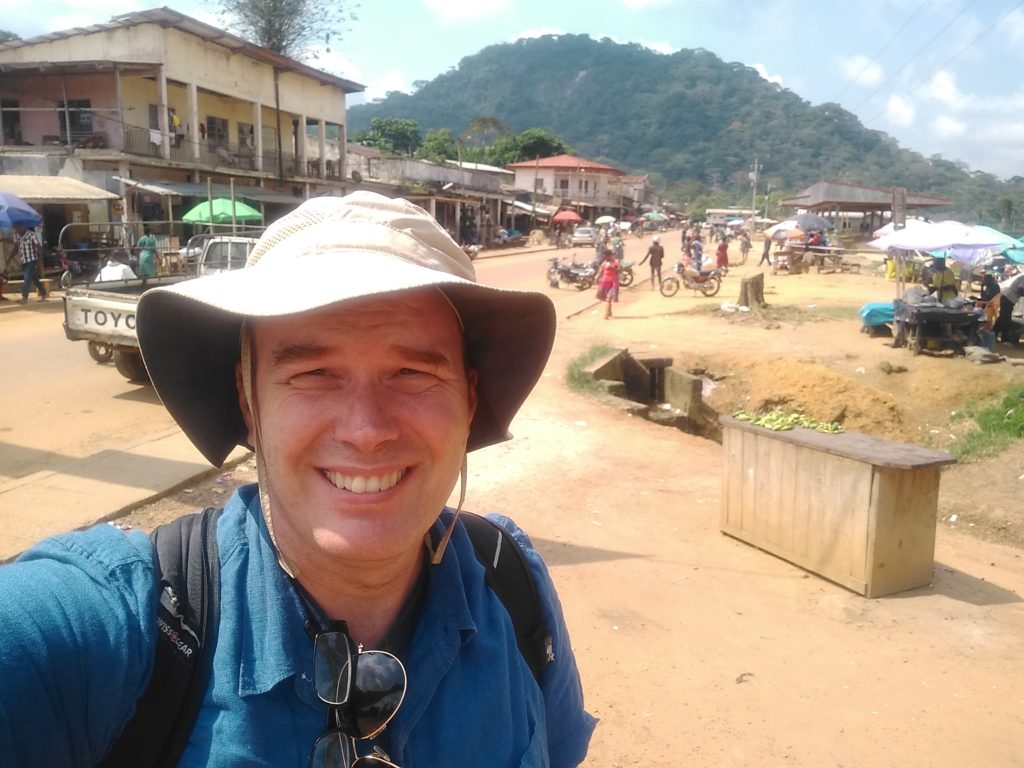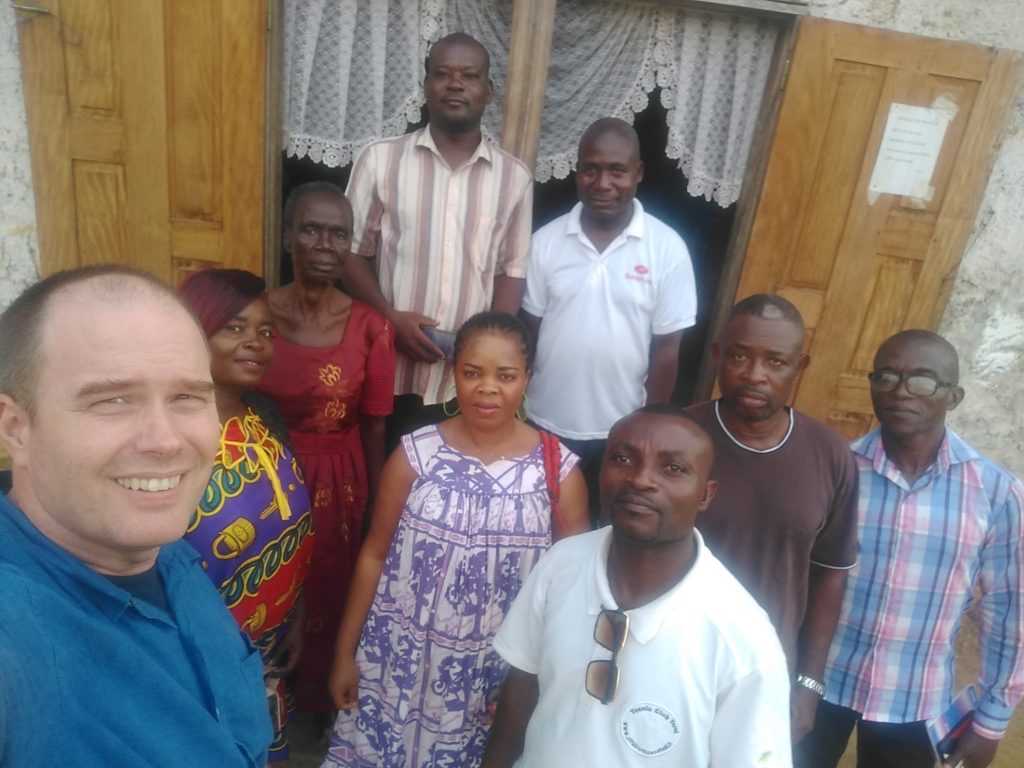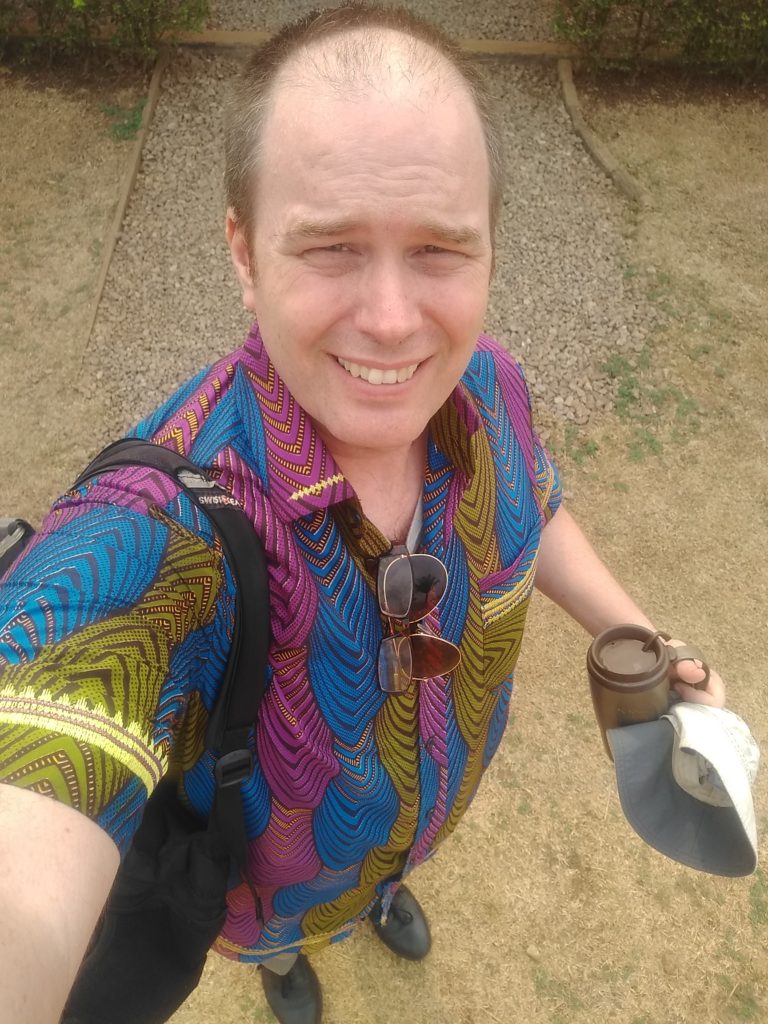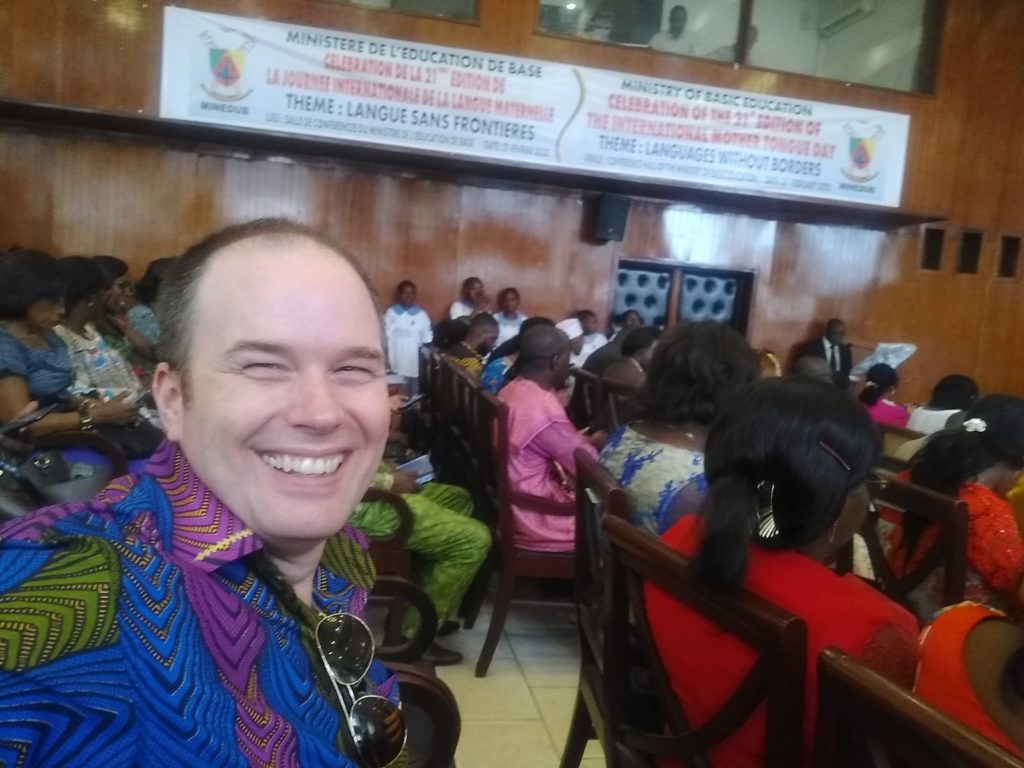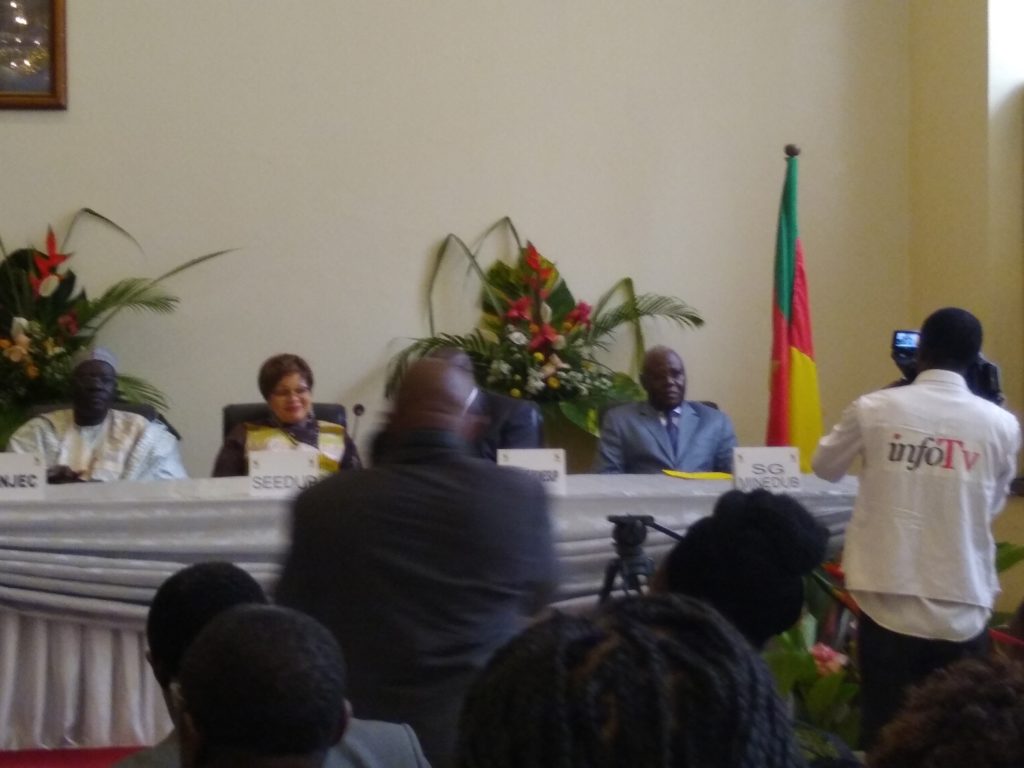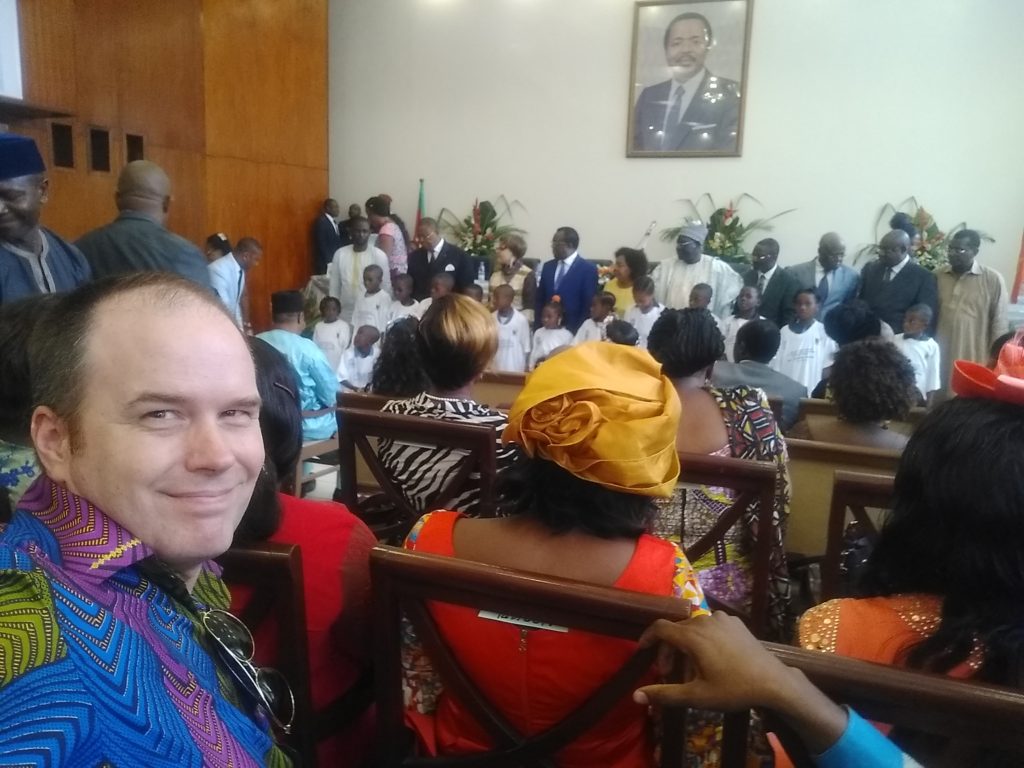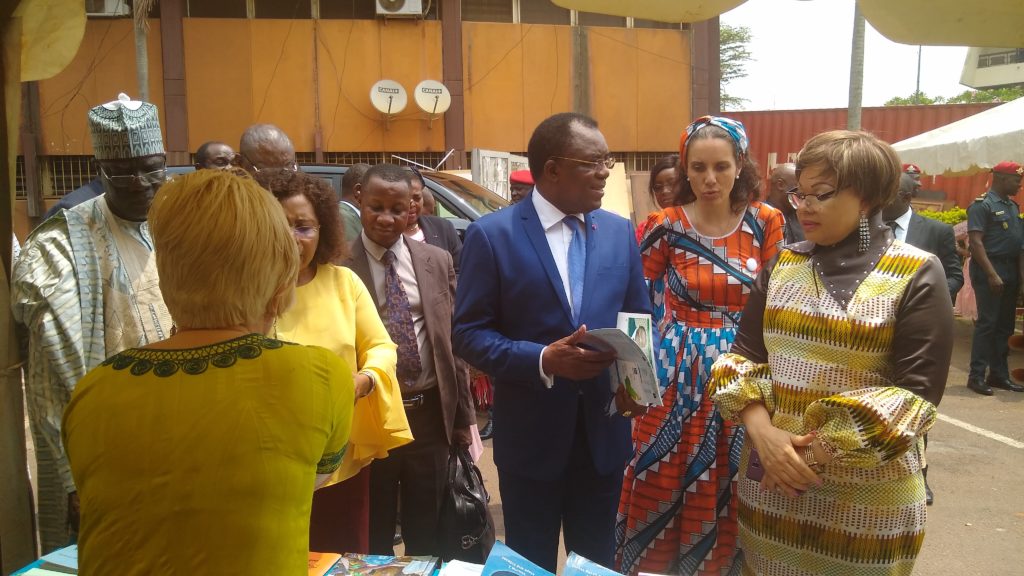We have now been back in Africa almost eight months, and in addition to organizing the physical necessities of our house (including receiving our sea freight shipment!), we have had a lot of personal adjustment to do.
Those who have lived cross-culturally are often surprised by what can be called reverse culture shock; it has been described relevant to a number of different domains:
- https://2009-2017.state.gov/m/fsi/tc/c56075.htm (government)
- https://www.investopedia.com/terms/r/reverse-culture-shock.asp (business)
- https://www.topuniversities.com/student-info/studying-abroad/reverse-culture-shock-how-deal-it (study abroad)
- https://urbana.org/blog/reverse-culture-shock (missions)
The gist is that you expect culture shock when you go somewhere with a different culture, but you don’t expect culture shock when you come back. The fact that you have been living in another culture changes you, so you experience culture shock coming back to your passport country, but because you don’t expect it, it can be hard to deal with —you can have a hard time figuring out why it doesn’t feel like “home.”
Anyway, that all is stuff we’ve dealt with a number of times (like trying to buy peanut butter and jelly in Fred Meyer in 2000), and we’ve worked through it and come to expect it. But I think the best way to describe our current situation is that we’ve found another layer, which I’m calling “reverse reverse culture shock”. That is, when we returned from DR Congo in 2013, and blitzed through Oregon and California to move to Texas for my doctoral program, we knew we wouldn’t feel at home. As we got to know Texas, we got to know a lot of things, liking some more than others. :-) But however we felt, we had constant reminders that we weren’t from there, so we always had a framework to understand that nagging feeling of not belonging. Then last year, we were finally going back to Africa!

Granted, we are not so naive as to think that all of Africa is the same. There is some 2,140 languages in Africa; this is a main reason we are here, after all! Each one of those languages holds at least some cultural distinctives, however much similarity there might be between any two languages or cultures. Our first experience on African soil as Wycliffe missionaries was in Cameroon, where we currently live. But since then, our experience has been on the other side of the continent, in East Africa (Kenya, Tanzania, and Uganda) and DR Congo. DR Congo was an interesting counterpoint to the other countries we worked in because it has French as a national language. It also has laws and customs more common in ex-French colonies (as opposed to laws and customs in ex-British colonies, such as Kenya).
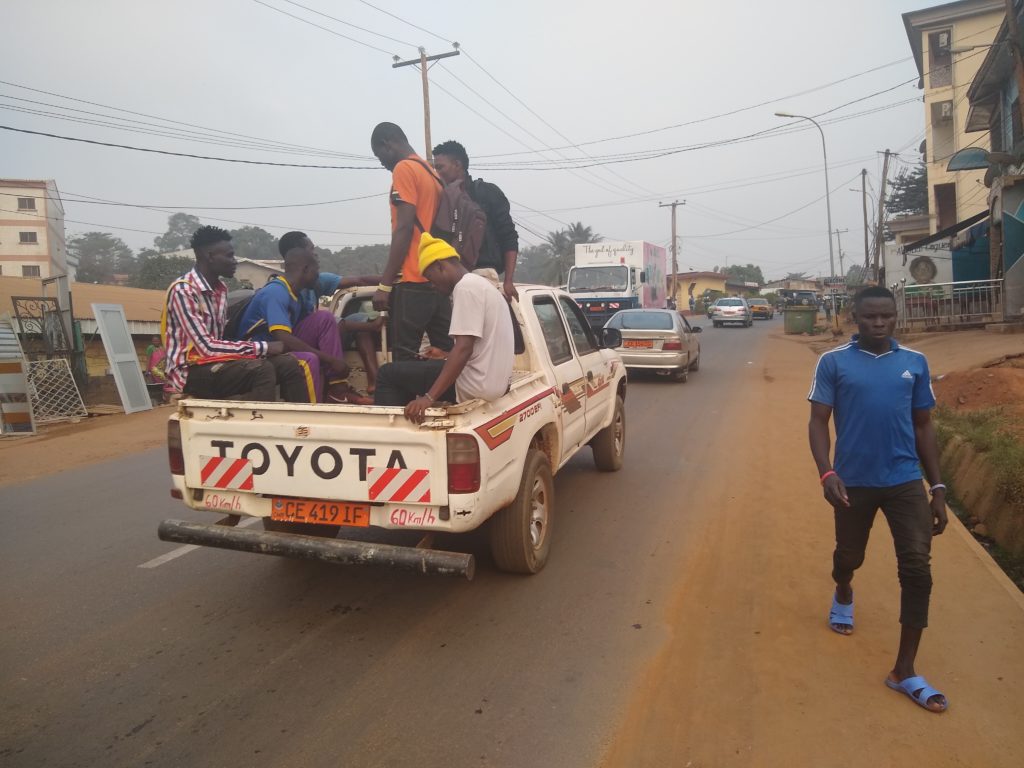
But whether the DR Congo distinguishes itself as an ex-Belgian colony, or for whatever other reason, it stands to reason that DR Congo and Cameroon are simply not the same country, so we shouldn’t expect them to be.
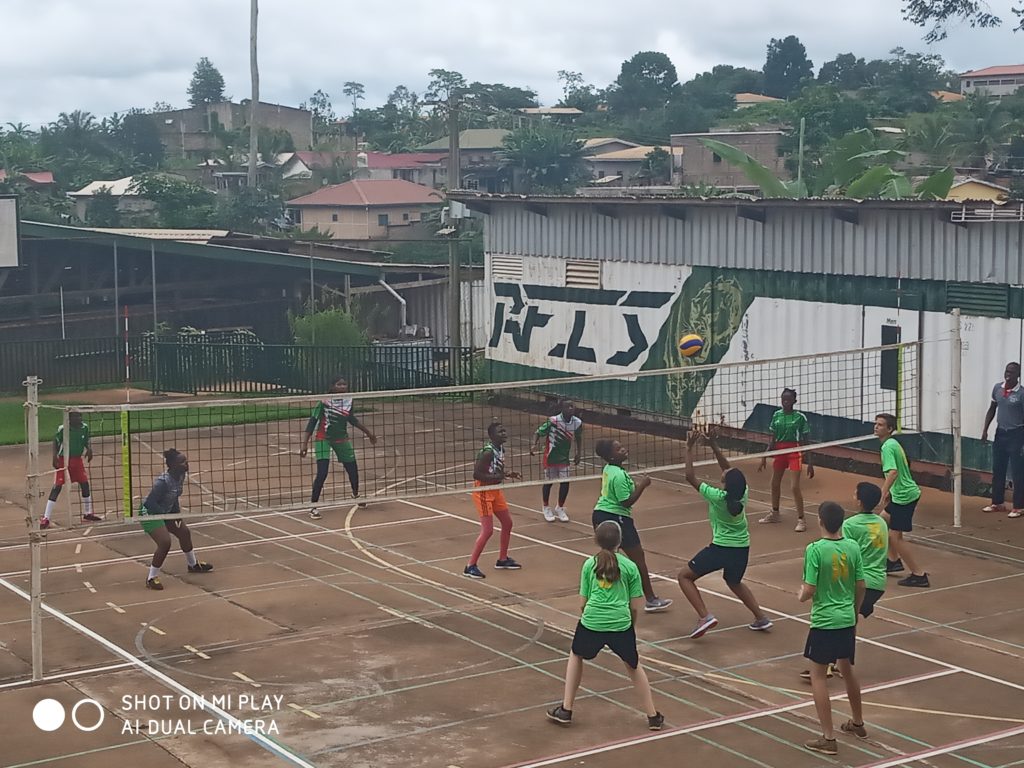
But there are so many things that you can generalize between them, like the love of soccer (OK, maybe that’s everyone but the USA :-)), beignets, and acronyms.
I’ve been thinking about this last one quite a bit in the last couple weeks, because of how differently Congolese and Cameroonians make acronyms. For instance, in DR Congo, each protestant church denomination is known by an acronym and a number. One group we worked with was called CECCA/16 (planted by WEC). The full name of the church is Communauté Evangélique du Christ au Cœur de l’Afrique (“evangelical community/church of Christ in the heart of Africa”), and it’s registration number with the DRC government is 16, hence the full common name with acronym/number. This is notably not the same group as CECA/20 (was planted by AIM), with full name Communauté Evangélique au Centre de l’Afrique (“evangelical community/church in the heart of Africa”). In each case, the longer/lexical words get one letter each in the acronym, and the smaller/grammatical words do not. The fact that CECA and CECCA are pronounced the same is ameliorated by the use of the government registration numbers, to keep their common names distinct.
But in Cameroon, there is often a different system in place. I don’t know that I’ve fully understood it, so I’ll just present some data. :-) The government ministry I visited last week is MINEDUB, MINistère de l’EDUcation du Base (“Ministry/department of Basic/primary Education”). Here we have three letters from the first lexical word, three from the second, and one from the third (apparently avoiding MEB, MINEDUBAS, and MINEBAS). On the other hand, the Department of Secondary Education is MINESEC, MINistère des Enseignements SECondaires (“ministry/department of secondary teaching/education”), and the Department of Higher Education is MINESUP, MINistère de l’Enseignement SUPerieur (“ministry/department of higher education/teaching”). In these last two cases, we get three letters from the first and last lexical words, and one letter from the second word.
Lest anyone think I’m picking on government bodies (which I’m not, it was just three related bodies whose acronyms presented themselves), the linguistic conference that I attended last March is NASCAL, the NAtional Symposium on CAmeroonian Languages, with two letters from the first and third lexical word, and one from each of the other two.
And the denomination of our local church here is MEEC, Mission de l’Eglise Évangélique du Cameroun (“mission of the evangelical church of Cameroon”), which, while having an acronym I might expect, appears to be unrelated to the EEC, l’Eglise Évangélique du Cameroun (“the evangelical church of Cameroon”). I never thought I would miss those helpful numbers to disambiguate otherwise similar sounding names.
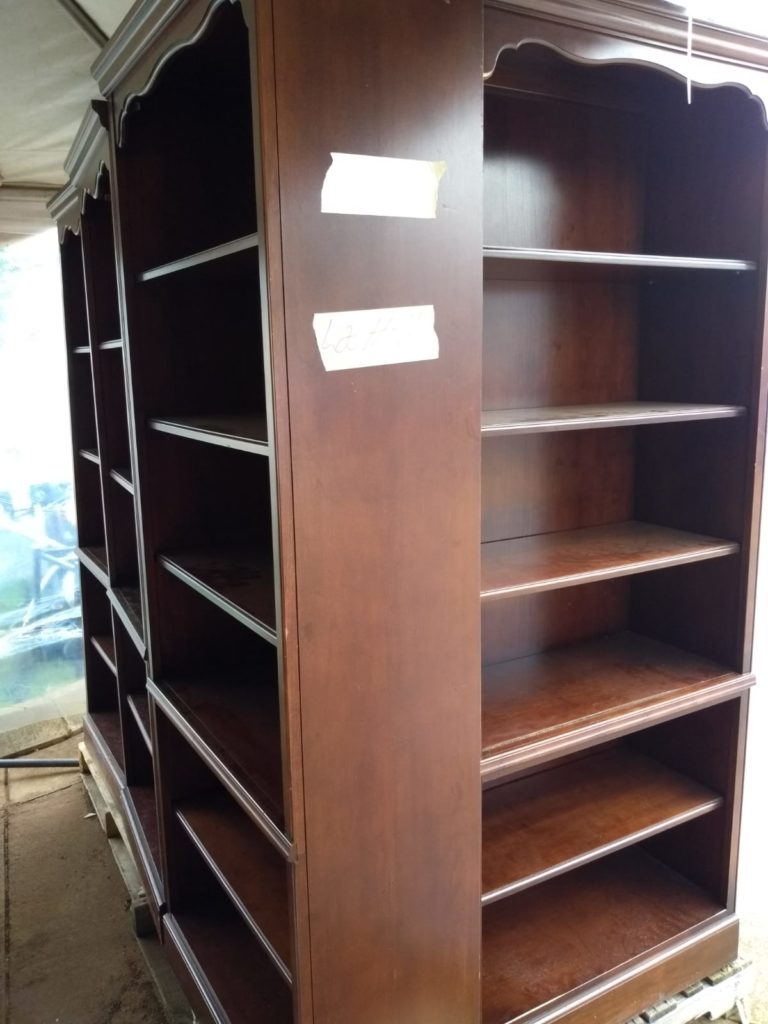
Anyway, one of the major elements of cultural adjustment, we have found, is building triviality. There are lots of things we just don’t think about in our daily life, and that goes away when you’re having to think through every little thing as you interact with people who think differently in another culture. Funny how the way people build acronyms can differ, and cause you to have to think through something you never had to spend energy on before. I’ll try to do a few more posts on other ways I’ve found reverse reverse culture shock, readjusting to our life and work in Africa.
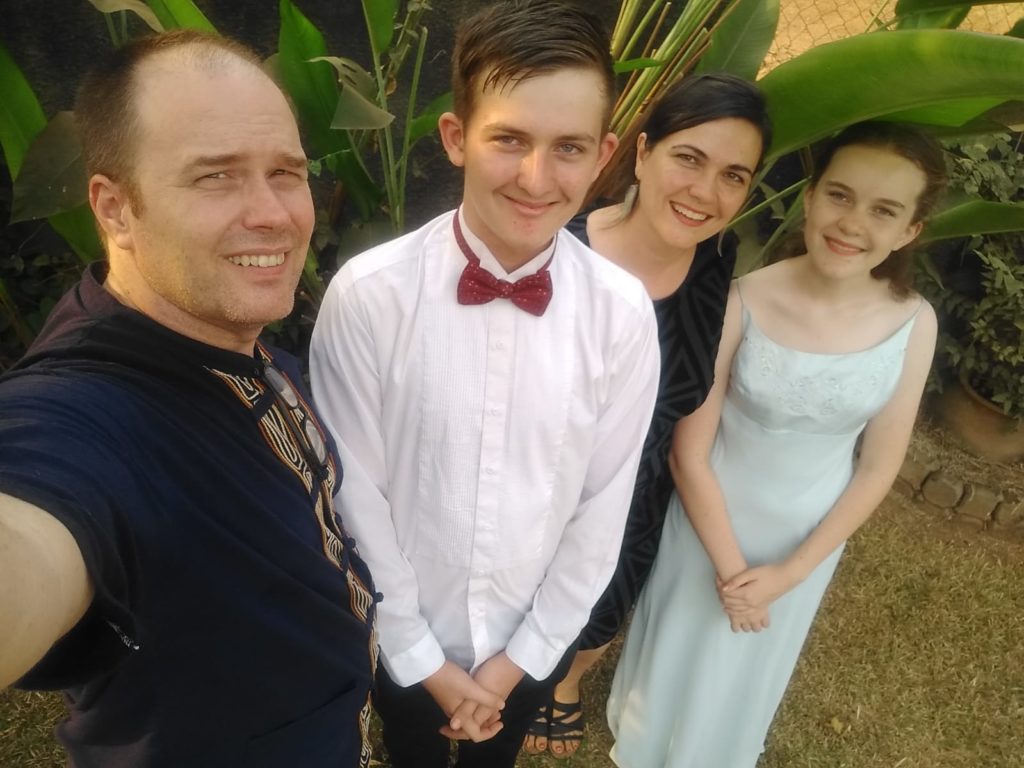
Here are a few other fun acronyms we’ve found around here:
- ASOY — American School Of Yaoundé (presumably the fun of an acronym pronounced “a soy” trumped the rule against including grammatical words in an acronym. Or perhaps ASY had other problems.…)
- RFIS — Rain Forest International School (despite the fact that RainForest is one word here, here, here, and here.)
- CAMBO — CAMeroon Branch Orientation
- STUCO — STUdent COuncil (at RFIS)
- SCREAM — School Can Really Expand A Mind (RFIS reading program?!?)
- FCFA – Franc Communauté Financière Africaine (the money everyone uses here and in a couple other countries, although no one seems to know what the letters stand for)
